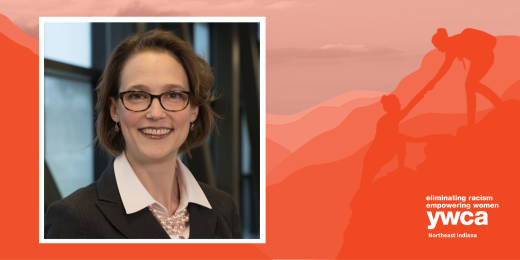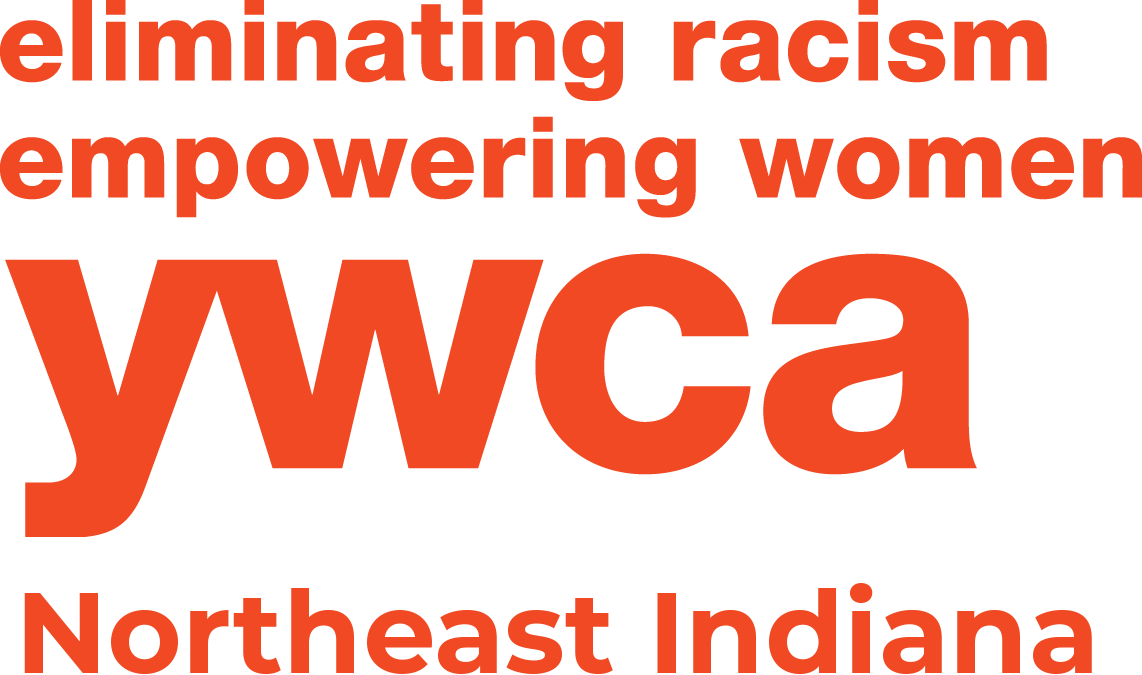
Meet Rachel Blakeman.
Rachel Blakeman, J.D., has served as the director of the Purdue University Fort Wayne Community Research Institute (CRI) in the Doermer School of Business since July 2017. At CRI she works with clients to provide impartial, contract-based research and analysis, with an emphasis on non-profit agencies, public health, economic development and workforce data, to enable leaders to make informed decisions. She also provides project management and grant writing and grant administration services at CRI.
CRI projects under Blakeman’s leadership include the Community Foundation of Greater Fort Wayne’s Women and Girls Fund research study, the United Way of Allen County’s comprehensive data review and Community Insights survey, the St. Joseph Community Health Foundation’s Vulnerable Populations study, the Kosciusko County Economic Development Corp.’s Small Cities Big Futures project, and the economic impact study of Do It Best’s corporate headquarters in Allen County.
Blakeman is a cum laude graduate of the Indiana University Robert H. McKinney School of Law. Born and raised in Ohio, she earned her bachelor’s degree in journalism from Ball State University and has called Fort Wayne home since 1999.
YWCA Asks: What does an “empowering woman” mean to you?
Rachel: My journalism and law school habit kicks in here to do a textual analysis to think about what does empowering mean and what does that look like? Answering a question with a question is definitely a lawyer trick. An empowering woman is a person who is ready to lift up other women to enable them to live their fullest and best lives, whatever that looks like for them. In other words, making a path for other women and girls.
YWCA Asks: In what ways do you feel you empower other women?
Rachel: My job gives me a very public platform to address key community issues so I have gotten accustomed to talking about difficult things and having hard conversations. As a result of the research I did for the Community Foundation of Greater Fort Wayne’s launch of the women’s fund in 2020, I became incredibly familiar with the challenges local women and girls are facing from a statistical perspective. Accordingly, I can use that information to draw attention to the reality of women and girls’ lives here. For example, when we talk about parents sitting out from the workforce due to the coronavirus, this is usually mothers. If I don’t name it as such, I am failing to help people understand the inequitable position of genders as it relates to workforce participation due to the pandemic. We can’t change what we don’t know or don’t talk about.
YWCA Asks: Would you share a tidbit of information or experience that may be helpful to other women?
Rachel: Apply for that job where you don’t meet all the criteria in the job description. Obviously, if the job requires professional licensure you don’t have, this tactic doesn’t work, but that’s the exception that proves the rule. Women all too often disqualify themselves from jobs that they could do successfully because they don’t check off every single item on the job description, which is often more a wish list than actual job duties on the first day. While not applying for jobs doesn’t fully explain the pay disparity between men and women, it’s certainly not helping. Let the employer decide if you can do the job, not you. You’ll be surprised how qualified you really are.
